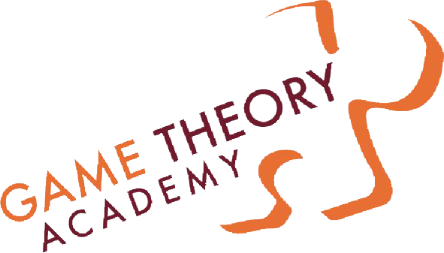By Isaak Brown, Instructor
Most adults I know who’ve achieved some level of financial competency repeat one refrain over and over: I wish I had known this information when I was younger. But teenagers who are given financial information that has no current relevance to their lives have a reply back: tell me something that actually matters. So how can we share financial education in a way that is relevant to young people, and that gives them the chance to try this information out without bank accounts, paying jobs, or bills to pay?
Game Theory Academy offers the answer. We know repetition is the most effective form of learning, but we don’t want young people to have to learn financial decision making by repeating poor decisions over and over. Game Theory Academy offers students the chance to try out decision making in a game environment and get immediate feedback. This way, students can learn about financial decisions in a fun and interesting environment without ruining their credit score or being behind on rent in the process.
This semester, I got a lot of questions from students about how to actually manage money. They wanted to get the real sense of the nuts and bolts of the whole “money management” concept. But those of us who have bills, payments, salaries and more bills know that it’s hard to explain why budgeting is so crucial until you get those alerts coming in and have no money in your account.
So, I tried to put it in a game. Through a series of slides, a scoresheet, and some dice, I created a series of circumstances to mimic financial decisions that would arise in two months of employed adult life.
My first concern was that it would be too easy. Prices and comparisons were displayed on the screen, so I thought all students would take the lowest prices and it wouldn’t create enough challenge.
I was pleased to see this wasn’t the case – in fact, students mostly made the same choices they were making in their current lives. The students who bike bought bikes in the game, the students who take Lyft took Lyft, etc. It was a great way for them to see the impact of their choices as the weeks of the game moved on and they could watch the consequences in a few minutes instead of a few weeks.
The best part was watching the students get a sense of the impact of financial decisions in a fun learning environment. One student shared, “I get now that it doesn’t matter how much money you have, but the decisions you make with it.” Instead of bombarding the students with instructions and rules, the games we use at Game Theory Academy allow them to experiment and get feedback from their decisions and draw their own conclusions, which ultimately is the best way for any student to learn.
